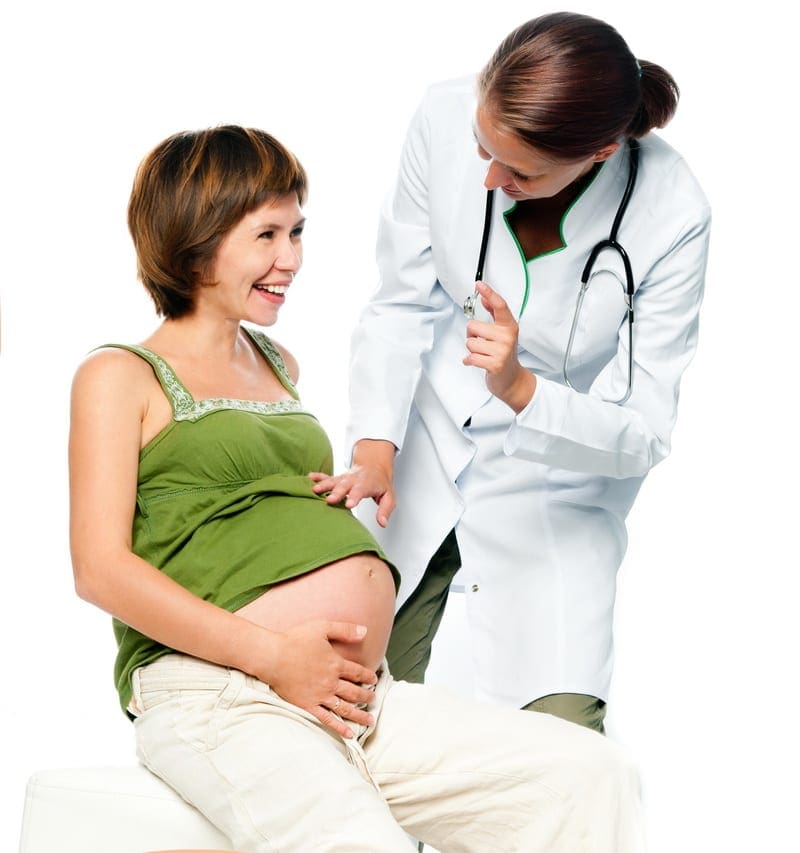There are a few key signs and symptoms of pregnancy that you may start to experience soon after becoming pregnant, even before your period is missed. However, these symptoms can also be similar to what you experience before your period, making it hard to tell the difference. Determining if you are pregnant before a missed period or taking a pregnancy test is often like putting together a puzzle. You might not experience all of the signs, but it’s likely that you’ll experience at least one of them.
One of the earliest signs of pregnancy is tender breasts. Many women mistake this symptom for PMS, but it can also be caused by hormonal changes during pregnancy. Your breasts may also be a bit swollen in the first few hours and days after conception. As soon as you become pregnant, your body starts making preparations for the development and birth of your child.
Many women feel exhausted early on in their pregnancy and often attribute this fatigue to other things that are going on in their lives, but it is often the result of pregnancy. This change in energy levels is a direct result of changing hormones and body chemistry as well as the sheer amount of work that a woman’s body is doing when conception occurs. The best thing you can do if you experience this is to get to bed earlier and even sleep in later if you can!
Next, you may experience implantation bleeding. Though it’s a rare sign of pregnancy, it does happen for some women. A few days before your menstrual cycle should begin, you may notice a brown or slightly pink vaginal discharge. This discharge occurs when the fertilized egg implants in the uterus. If you don’t experience implantation bleeding, it’s not necessarily a sign that you’re not pregnant – only about 1/3 of all pregnancies include this symptom.
Nausea is one of the most common early pregnancy signs. For many women, it’s the first indication that they may be pregnant, especially if they weren’t planning the pregnancy. Nausea usually starts out slowly, getting worse over a few days, and may be mistaken for a stomach flu or something similar. If your nausea doesn’t go away, it’s a good idea to take a pregnancy test. Some women report that they feel achy in addition to the nausea they experience before their period; although, many doctors believe that this is more psychological response due to the mental preparation for one’s period, rather than an actual physical response.
A missed period is usually an indicator that something is going on, more often than not it points to pregnancy. If you’re not keeping track of your periods or if your periods are irregular, it might take a while to realize that a period is late. However, if the nausea doesn’t clue a woman in to the fact that she might be pregnant, then the missed period usually will.
Many women report an increase in hunger around the time that they miss their period and start feeling nauseous. This is likely due to the fact that the body is working hard to support the development of the embryo. Other women report that they have no appetite at all. This sign can vary from day to day, depending on nausea and other pregnancy symptoms.
Every woman and every pregnancy are different, so there is no one definitive checklist to determine whether or not you are pregnant. Some women have no symptoms whatsoever, while others may have all of the symptoms listed below – and then some! Sometimes the signs of pregnancy are only noticed in retrospect, but if you know what to look for, you’re likely to pick up on what your body is trying to tell you long before you need a pregnancy test.











